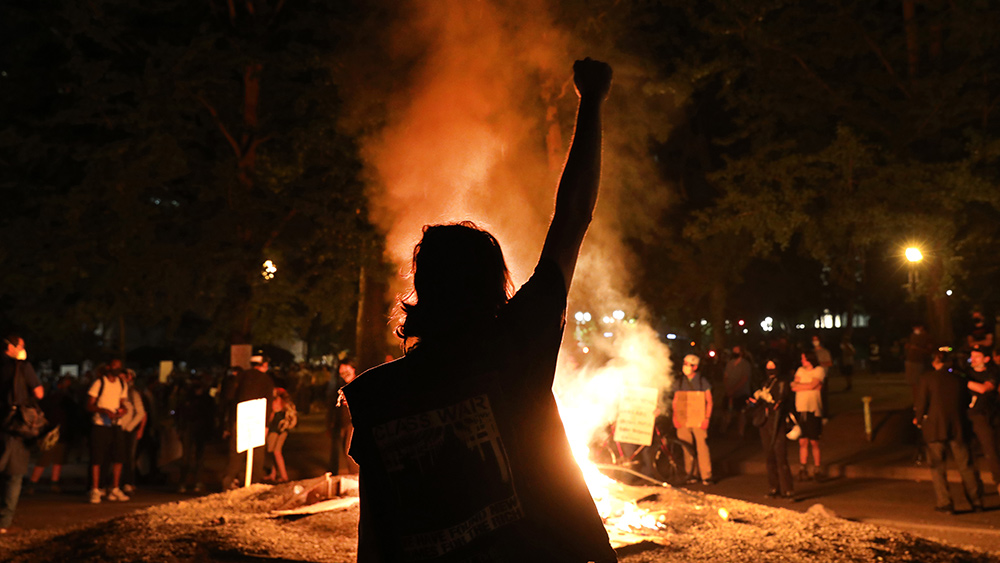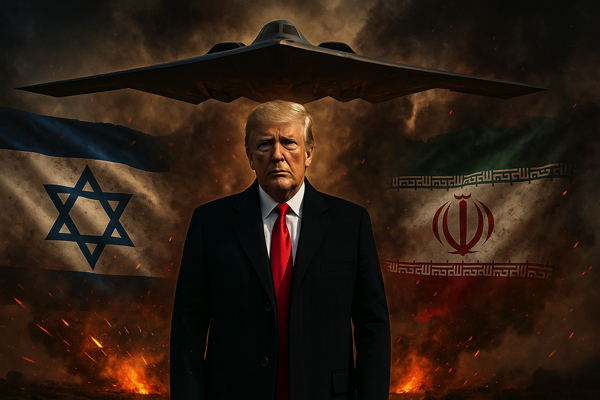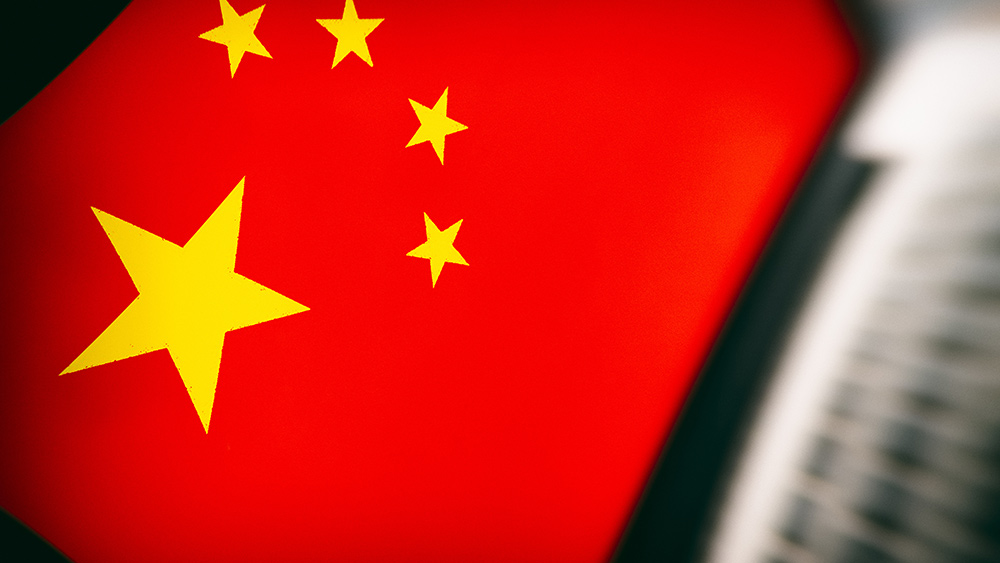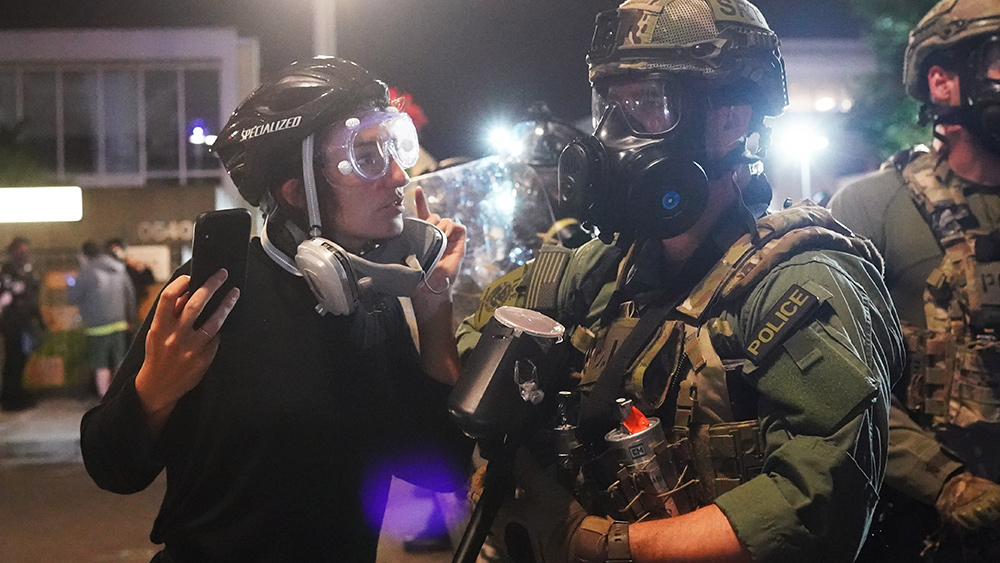Chinese spies indicted for espionage: A threat to U.S. military integrity
07/04/2025 / By Willow Tohi

- Chinese nationals Yuance Chen and Liren Lai were arrested for espionage on behalf of China’s Ministry of State Security.
- Accused of spying on Navy bases, recruiting personnel and facilitating a $10,000 “dead drop” in Texas/Cali.
- Part of broader Chinese efforts exposed by 2023’s surveillance balloon incident and 2025 visa fraud cases.
- Federal agencies warn of CCP’s persistent infiltration of U.S. institutions.
- Attorney General Pam Bondi vows to combat “covert threats to national security.”
On Thursday, June 27, the FBI arrested Yuance Chen, 38, and Liren “Ryan” Lai, 39, for allegedly acting as intelligence agents for the Chinese Communist Party (CCP). The two men face federal charges of conspiring to conduct clandestine operations targeting U.S. naval facilities and personnel. The indictments, unsealed Monday in San Francisco, reveal a coordinated effort to infiltrate military assets, gather sensitive information and recruit Navy employees — all without registering as foreign agents per U.S. law.
Chen, a legal permanent resident residing in Oregon, and Lai, a visitor on a tourist visa, were apprehended in Houston and Happy Valley, respectively. Their activities, detailed in an FBI affidavit, include photographing Navy recruitment bulletins, coordinating a $10,000 cash transfer to MSS assets and reaching out to service members on social media. Attorney General Pam Bondi condemned the operation as part of Beijing’s “sustained and aggressive effort” to undermine American security from within.
Operational details: How the espionage unfolded
The DOJ complaint outlines the duo’s alleged methods:
- “Dead drop” scheme: In January 2022, Chen and Lai collaborated to leave $10,000 in a day-use locker in Livermore, California, as payment for a U.S.-based MSS operative.
- Base surveillance: The men photographed Navy recruitment listings in San Gabriel, California, and a Washington state base, focusing on recruits identifying China as their hometown.
- Social media recruitment: Chen contacted a Navy employee on social media, leveraging the individual’s Chinese heritage to evaluate their openness to espionage.
- USS Abraham Lincoln visit: In January 2025, Chen arranged a tour of the San Diego-based aircraft carrier, sharing details with MSS officers in Guangzhou.
FBI Director Kash Patel emphasized the operation’s link to CCP goals: “The individuals charged were acting on behalf of a hostile foreign intelligence service — part of the CCP’s broader effort to infiltrate and undermine our institutions.”
A pattern of covert infiltration
This case builds on recent revelations about Chinese espionage against U.S. military targets:
- Surveillance balloon: Two years ago, China launched a spy balloon over the Pacific, which later crashed in South Carolina. The incident exposed Beijing’s willingness to breach U.S. airspace.
- Ongoing visa fraud investigations: Earlier this year, at least four Chinese researchers were arrested for falsifying visa applications by omitting links to the People’s Liberation Army. One hid in a San Francisco consulate before arrest.
- MSS’s role: The Ministry of State Security (MSS), China’s primary foreign intelligence arm, routinely targets American institutions through academic exchanges, business ties and overt recruitment. The DOJ highlighted MSS officers directing Chen to prioritize Navy personnel with familial ties to China.
Federal response: Vigilance against foreign manipulation
The arrests reflect a broader counterintelligence crackdown.
- Cross-agency coordination: The FBI worked with the Naval Criminal Investigative Service (NCIS) to track Chen and Lai, leveraging surveillance and intercepted communications.
- Legal framework: Both men face charges under the Foreign Agents Registration Act, carrying penalties of up to 10 years in prison and $250,000 fines.
- Administration stance: Assistant Attorney General John Eisenberg emphasized the National Security Division’s focus on dismantling CCP networks: “We will expose foreign operatives… and protect the American people.”
The Chinese embassy dismissed the allegations as baseless, claiming the U.S. has “never stopped its espionage activities against China.” Yet U.S. officials insist the threat is real: over 20 Chinese-linked spies or conspirators have been charged in America since 2020 alone.
The bigger picture: National security at a crossroads
As China adapts its espionage tactics — from balloon surveillance to deep-cover agents — the U.S. faces a complex challenge. The arrests underscore an ongoing battle for dominance in technology, intelligence and soft power.
Patel’s vow to “disrupt” CCP efforts aligns with a conservative advocacy for transparency and critical scrutiny of foreign influence. Yet experts warn that even with aggressive investigations, the scale of CCP’s operations—aided by economic embassies, educational programs and tech collaboration—remains daunting.
A message to foreign operatives—The U.S. will not stand idle
In a time of geopolitical tension, these indictments send a stark warning: foreign governments that exploit U.S. openness to infiltrate military and civilian targets will face consequences. For the Chinese nationals involved, the stakes are high — years behind bars or deportation. For U.S. security agencies, the fight to safeguard institutions and deter espionage grows more urgent as relations with Beijing sour.
As the DOJ continues its pursuit, one question looms: Can vigilance, combined with diplomatic pressure, prevent the CCP from gaining asymmetric advantages in an era where information is power?
Sources for this article include:
Submit a correction >>
Tagged Under:
big government, CCP, China, conspiracy, deception, espionage, FBI, insanity, invasion usa, military tech, national security, privacy watch, Spygate, surveillance, visa fraud, weapons tech
This article may contain statements that reflect the opinion of the author
RECENT NEWS & ARTICLES
COPYRIGHT © 2017 BIG GOVERNMENT NEWS





















